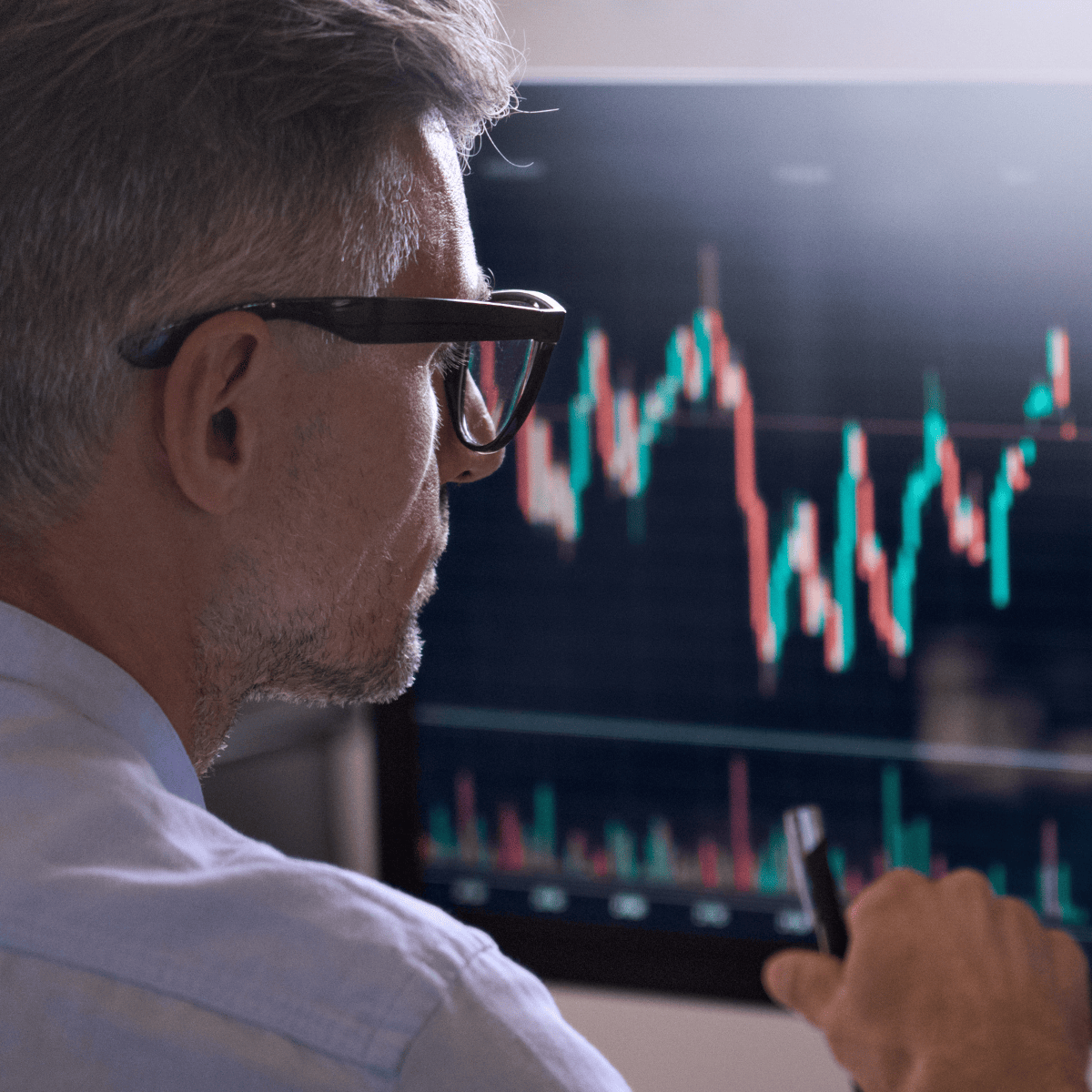
How to Play a Better Hand in the Trading Game: A Guide for Beginners
Many beginners in the financial markets feel that they have been dealt a bad hand. Truth be told, it’s not the hand you’ve been given—it’s how you play the game. This comprehensive guide will help amateurs navigate the complex world of trading. Strap in for an illuminating journey through concepts such as stocks, bonds, forex, commodities, cryptocurrencies, and non-fungible tokens (NFTs) while touching upon techniques like fundamental and technical analysis, money and risk management, and trading psychology.
Stocks, Bonds, and More: Getting to Know the Players
Before you can start playing the game, it’s crucial to be familiar with the pieces on the board.
Stocks
Stocks represent ownership in a company. When you buy stocks, you’re purchasing a slice of the company’s assets and earnings.
Bonds
Bonds are loans that you, as an investor, make to a corporation or government. In exchange, you receive periodic interest payments and the return of the loan amount, known as the principal, at maturity.
Forex
Forex, short for foreign exchange, is the marketplace for trading national currencies against one another.
Commodities
These are hard assets ranging from natural resources like oil and gold to agricultural products like wheat and corn.
Cryptocurrencies & Non-Fungible Tokens (NFTs)
Cryptocurrencies are virtual or digital currencies that use cryptography for security. Bitcoin and Ethereum are popular examples. An NFT is a type of digital asset that represents ownership or proof of authenticity of a unique item or piece using blockchain technology.
Unraveling Analysis: Fundamental and Technical
Now that you know your players, how do you make them work for you? Enter the twofold approach: fundamental and technical analysis.
Fundamental Analysis
This involves studying the economic and financial health of a company (or a country, in the case of forex) to estimate its intrinsic value. Fundamentals could include anything from revenue and earnings reports to unemployment rates and interest rates.
Technical Analysis
Instead of focusing on the ‘what’, technical analysis delves into the ‘when’ of trading. It’s all about identifying market trends and patterns using statistical charts and indicators.
Balancing the Scale: Money Management and Risk Management
In the trading game, managing your money and risk can be the difference between success and failure.
Money Management
This refers to a set of measures you implement to protect your trading capital. It involves determining how much money to risk per trade, setting profit targets, and understanding the concept of leverage.
Risk Management
Risk management is closely tied to money management and involves strategies to limit your exposure to potential losses. This could include using stop-loss orders, which automatically close out your trades once they hit a certain level of loss.
The Trader’s Mindset: Grasping Trading Psychology
Overcoming psychological obstacles can be just as important as mastering analytical techniques when it comes to trading success.
Emotions like fear and greed can lead to impaired judgement and rash decisions. Therefore, cultivating a balanced mindset—one that is disciplined, patient, and not swayed by temporary market noise—is essential to getting ahead in the game.
Conclusion
Playing the trading game well involves a nuanced understanding of the financial markets and a disciplined trading approach. By familiarizing yourself with the various types of investments, mastering the art of analysis, implementing effective money and risk management strategies, and navigating the psychology of trading, even a bad hand can turn into a winning game.
Remember, trading is not about hitting the bullseye every time. It’s about remaining in the game long enough to make more right moves than wrong ones. Practice, learn from your mistakes, and stay on course—and you may find that the world of trading isn’t such a stiff hand after all.
But be warned: trading involves substantial risk and is not suitable for everyone. Always consult with a financial advisor before making trading decisions.







